The History of Hip Hop: Celebrating 50 Years
In many ways, Hip Hop is viewed as more of a youth-driven genre than any other. Tied inextricably to rebellion, innovation, nightlife, and fashion, Hip Hop has been a youth-lead movement from its foundation. That means it can take a moment to come to terms with the fact that it is about to tick over on the genre’s 50th anniversary. To celebrate its birth in 1973(!), we’re looking back - way back - to draw up a short history of Hip Hop. We’ll look at its birth on the dancefloor, its move to the streets, its ascendancy with gangstas and Pop connoisseurs alike, and how it became the dominant sound in the charts during its Golden Age.
There are links to our album reviews of many of the records and artists mentioned here; several of them featured as our classic album of the month. You’ll also find our team of curators have drawn up our own lists of the top Hip Hop albums of all time and we’ve also curated a playlist of the very best Hip Hop tracks of the last fifty years.
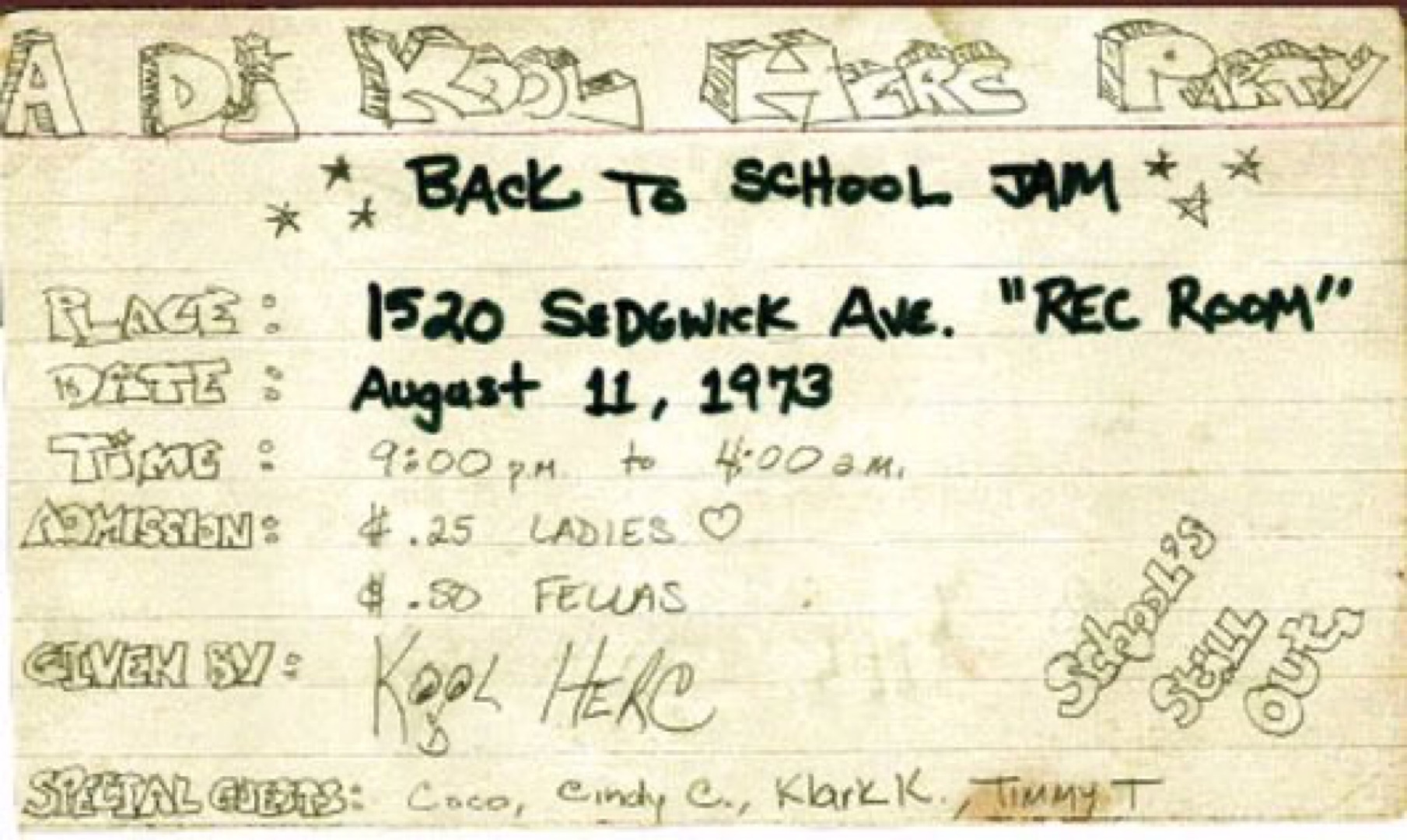
Where Did Hip Hop Begin?
When Soul, Funk and early Disco blew up and parties got rowdy, it wasn’t always the hits that went down best with crowds. Instead, tracks with longer instrumental sections, extended choruses, or epic outros had partygoers throwing their best moves and hyping up the crowd. For inquisitive, creative minds who love to know how music moves people, much like our Curators, this created a question: how do you extend the best parts of a song to allow dancers to strut their stuff?
The answer was to dispatch with the tried and tested method of laying down a record on a turntable, introducing it over the microphone, and playing it again when audiences couldn’t get enough. Innovation was required, and that involved a pair of identical records, a second turntable, and a skilled operator who could jump back and forth between records, playing one while muting and rewinding another before switching back, extending a portion of a song indefinitely.
This masterstroke is what put DJ Kool Herc’s name on the map when his parties in the Bronx, NY gained fame for his extended ‘breaks’ of Soul, Funk and Disco records. His Back to School party of 1973 is arguably the moment that created Hip Hop, fifty years ago. As he urged his listeners on, he put shoutouts to the dancers as ‘break boys’ and ‘break girls’, soon renamed B-Boys. This moment, now immortalised in history, is arguably the creation of Hip Hop as we know it.
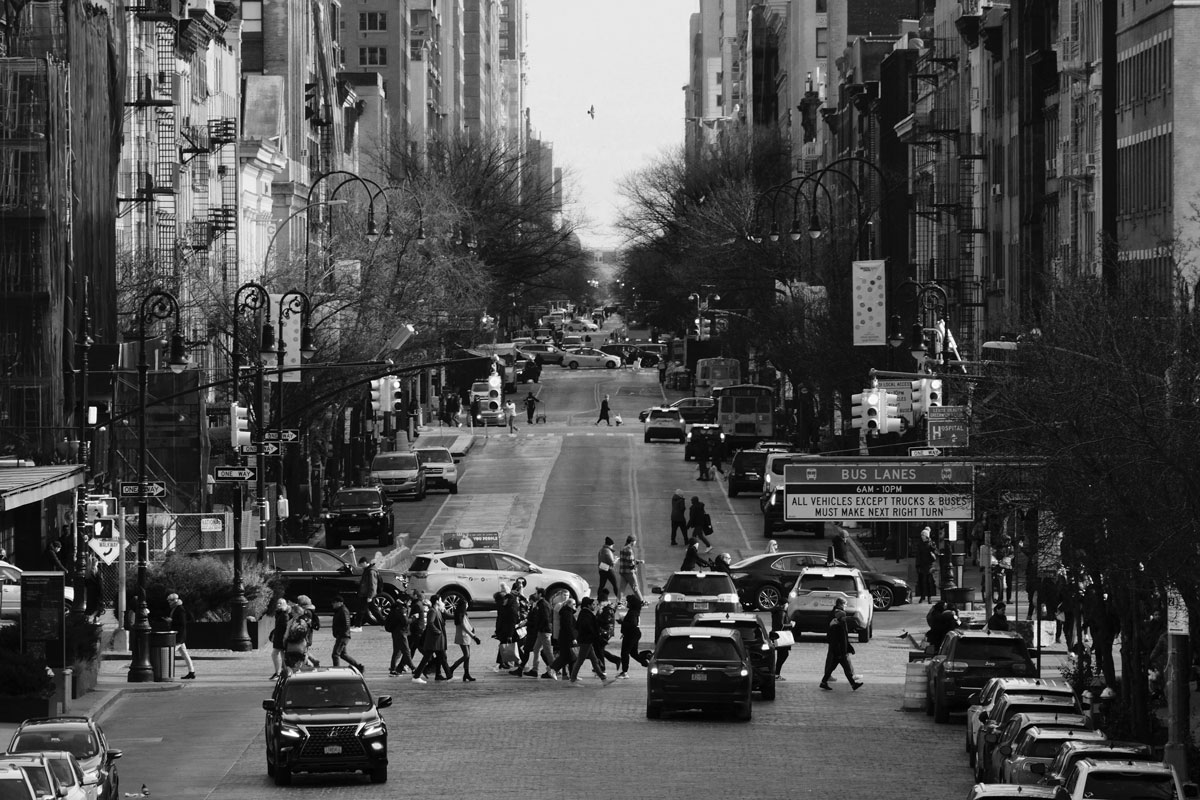
The Influences That Created Hip Hop
Behind the narrative of an innovative DJ creating a genre overnight is a longer, more evolutionary history. Happening almost concurrently to this Hip Hop innovation was the development of Disco, as Soul and Funk singles were beginning to be backed by instrumental cuts on the B-side specifically for DJs to mix. Going back further, into the late 1960s, Jamaican Soundsystem culture had already established the practice of Reggae and Dub DJs toasting; talking, rhyming and boasting over instrumental versions of popular songs. For more on the innovative history in Dub, don’t miss our write up of the classic album ‘Super Ape’ by The Upsetters.
New York is the Home of Hip Hop
Beyond these technical and musical influences was a fertile ground for the burgeoning Hip Hop scene. When Kool Herc threw his parties, he did so because of segregationist policies of New York clubs that regularly turned away Black youth from their doors. For a small and local subset of dancers, Herc’s use of extended breakbeats was the perfect foil for their extended dances, where dancers took turns to show off their best moves. In turn, other local DJs soon got in on the act. Afrika Bambaataa would be credited with developing the Universal Zulu Nation, a group of DJs, MCs, dancers and graffiti artists, while Grandmaster Flash would pioneer or popularise several DJ techniques including scratching and needle drops. By the early 1980s, Hip Hop had hit the mainstream thanks to Kurtis Blow’s ‘The Breaks’ and Blondie’s ‘Rapture’. Elsewhere, Afrika Bambaataa was developing Electro by sampling Kraftwerk on ‘Planet Rock’ in 1982, while a decade after the genre’s foundation it was fully cemented in mainstream culture as Jazz legend Herbie Hancock was finding success with ‘Rockit’.
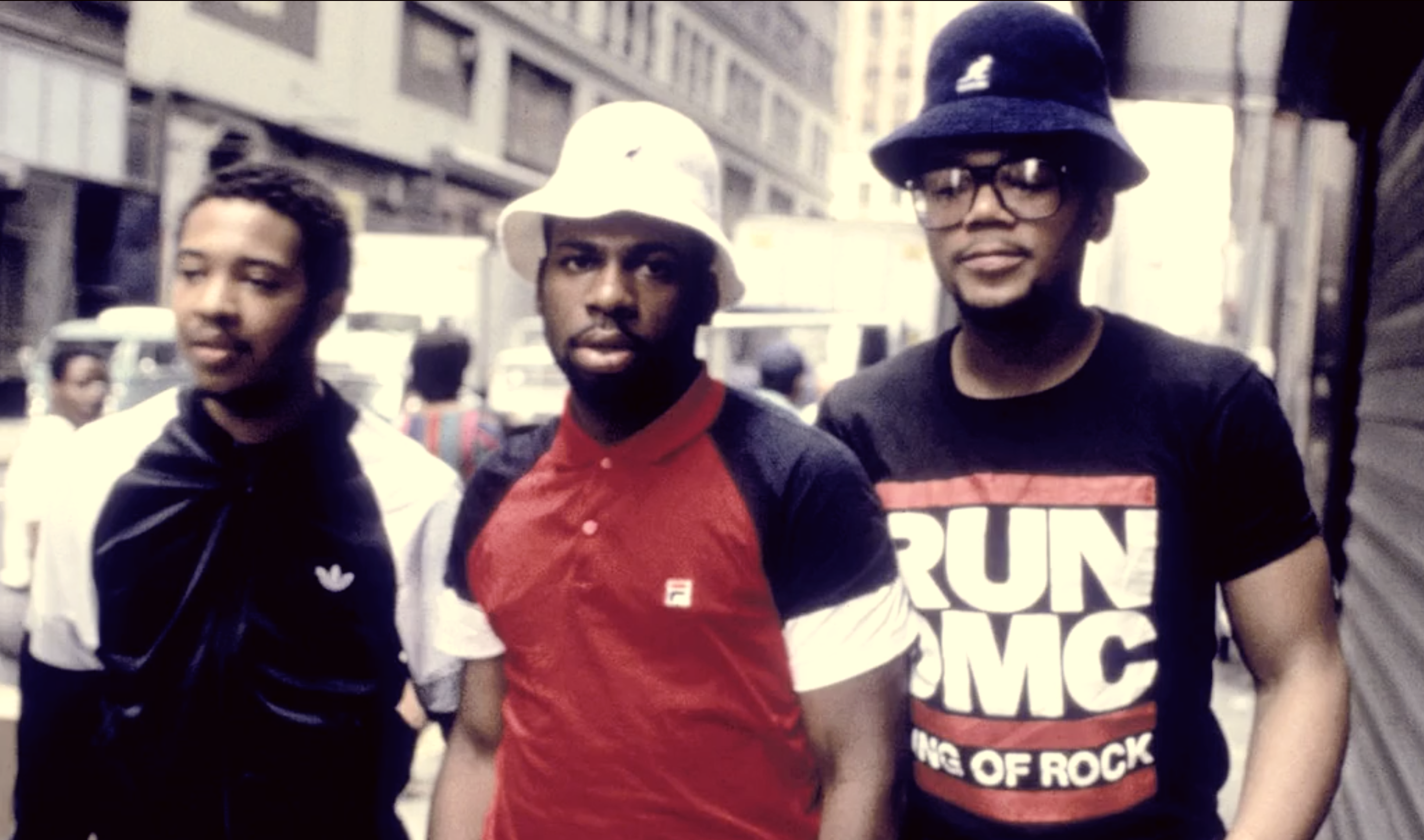
The Golden Age of Hip Hop
By the mid 1980s Hip Hop was a long way from being a fringe pursuit in a New York suburb. Hit singles had come and gone, the genre had diversified into sub-genres like Electro, party tunes, and socially conscious Rap. In 1986, the next seismic shift in Hip Hop history occurred when Run DMC dropped their third LP ‘Raising Hell’, selling three million copies and ushering in the album era. A few months later, ‘Licensed to Ill’ by the Beastie Boys was released and what we now know as the Golden Age of Hip Hop had truly begun. Marked by boisterous lyrics, braggadocio, and Rock guitar riffs, these records also introduced what would become the heartbeat of Hip Hop; the programmed drum sounds of the Roland TR- 808 and it's now instantly familiar kick drum. Stretching from around 1986 until the mid- 1990s, the Golden Age of Hip Hop marks the period where Hip Hop came to dominate the charts and musical culture.
West Coast vs East Coast Hip Hop and the Birth of Gangsta Rap
We’ve all heard of the feud between rappers based on the East and West coasts of America, culminating in the deaths of Tupac Shakur and Notorious B.I.G. Remembered as a combination of egotistic one-upmanship and gang feud, the musical and cultural feud is often lost in the retelling. Like the flavour profiles of fine malt whisky can be grouped by region in Scotland, the flavour of Hip Hop through the late 80s and 90s is easily grouped by regional affiliation.
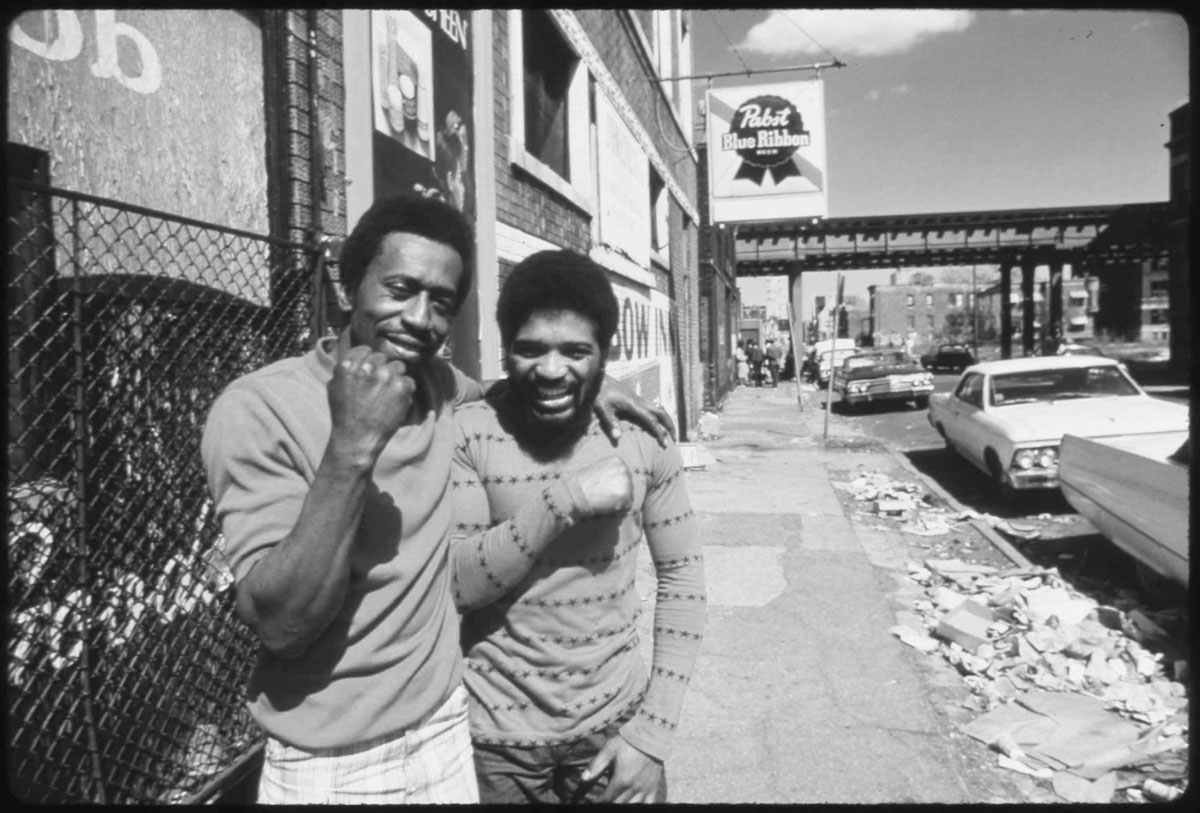
On the West Coast artists like Ice T and NWA helped popularise what went on to be known as Gangsta Rap in the mid 80s. Ice T’s ‘6 ‘N the Mornin’’ picking up the lyrical thread where Philadelphia native Schooly D’s ‘P.S.K. What Does That Mean?’ left off with a tale of drugs, guns and criminal life. Further mixing the push-pull of musical influence, that same Schooly D track would be sampled by The Prodigy on their 1997 track ‘Diesel Power’. Elsewhere, NWA would find regional cross-pollination with the inclusion of Dallas, TX native D.O.C. as a writer on several of their tracks including iconic Gangsta Rap hits like ‘Fuck Tha Police’ and ‘Straight Outta Compton’. He would join Snoop Dogg on Dr. Dre’s early ‘90s hit LP ‘The Chronic', which brought in a slower, groove based sound that relied on the Funk of Parliament-Funkadelic and came to be known as G-Funk.
Out East, the influence of the early Golden Age progenitors Beastie Boys and Run DMC pushed things forward towards a greater focus on lyrical mastery. The Native Tongues coalition of artists included De La Soul, A Tribe Called Quest, Jungle Brothers, Black Sheep, and Queen Latifah and spawned rich lyrical albums that pushed the boundaries of sampling, including De La’s ‘3 Feet High and Rising’, and Tribe’s ‘The Low End Theory’, both rightly considered classic albums from any genre. From there artists like Nas produced lyrical gems like ‘Illmatic’, while Wu Tang Clan helped popularise Hardcore Rap. Elsewhere, Bad Boy Records was formed by Sean ‘Puffy’ Combs and brought a Gangsta Rap sound with Notorious B.I.G. that went head-to-head with those on the West Coast.
What Happened Next?
From the mid 1990s onwards, Hip Hop had reached a pinnacle of critical and commercial success, but it had also hit several dead ends. The deaths of 2Pac and Biggie Smalls left the commercial viability of an East-West Hip Hop feud looking suicidal, while other Hip Hop groups were running their time. In the southern states of the US, Outkast had taken centre stage with albums like ‘Southernplayalisticadillacmuzik’ through the mid 90s. As the decade flipped into the next several disparate styles would pick up in diverse geographical areas of the US. In Texas, DJ Screw would develop a slowed down, jarring sound suited to highly inebriated listeners while T.I., Lil' Wayne and Young Jeezy would develop the introduction of cinematic sounds alongside heavy bass kicks as they developed Trap off the earlier work of Master P. Further north, Eminem would remind audiences Detroit wasn’t just famous for Techno with a comic-book form of Hip Hop that focused on complex, high paced lyricism that would attract worldwide audiences as the 2000s crept in.
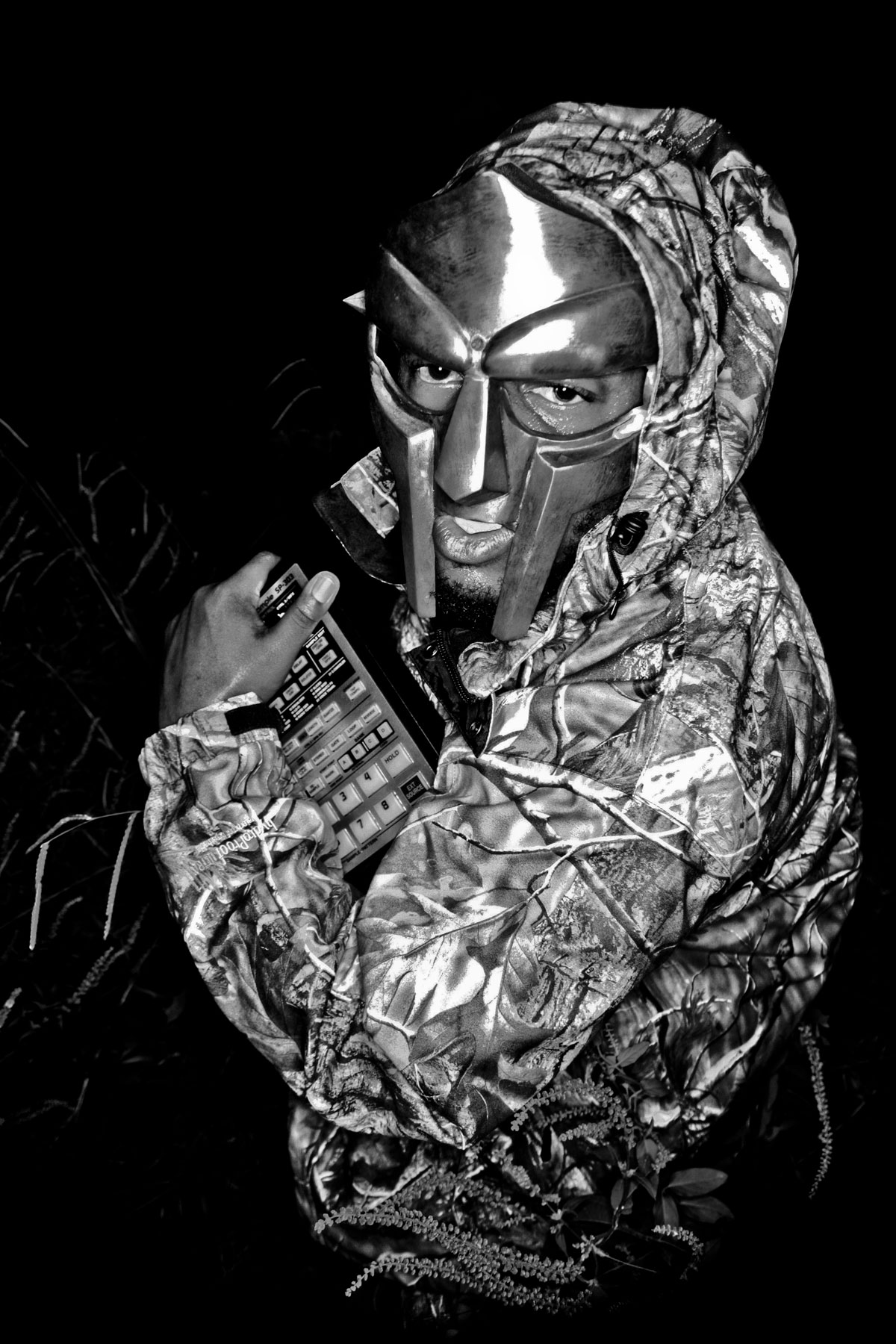
Hip Hop in the UK
The popularity of Hip Hop arguably broke in the UK with the Coldcut remix of ‘Paid in Full’ by Eric B. & Rakim. By taking Hip Hop from the record store to the dancefloor, the potential for Hip Hop broke open. With work from Neneh Cherry, Massive Attack, Tricky, SoulISoul and, if you’re willing to wind it way back, even Sade on ‘Smooth Operator’ way back in 1984, there is a long and illustrious history of Hip Hop in the UK. Artists like Roots Manuva, The Streets, Dizzee Rascal and Wiley have each helped to move the genre forward, through Hip Hop, UK Garage and Grime to UK Drill dominated by artists like Giggs and Digga D. Unfortunately, the highlight of UK Hip Hop is also its saddest tale; that of MF DOOM.
The Complexity of Hip Hop
Born in London but spending most of his life in the US, MF DOOM verifiably had one of the biggest vocabularies of any Hip Hop artist. His albums, ‘Mm..Food’, and ‘Operation Doomsday’ are considered classics while his shadowy persona added further mystique to his lyrical charm. Sadly, DOOM had a troubled life, suffered from health issues, and faced immigration issues resulting in his later life being spent back in the UK until his untimely death, in 2020. A much sought after collaborator, his work with Madlib as Madvillian is critically and popularly lauded as a high point of underground Hip Hop, showcasing the best of both the musical and lyrical elements of the genre.
Elsewhere, producer J Dilla, who also died at a young age having struggled with significant health issues, is considered as prodigious a talent as DOOM. His complex programmed and sampled beats underpinned innovative works by a host of artists while his own instrumental mixtapes and albums were regularly credited by his peers as having changed their outlook on the possibilities within Hip Hop.
The Core Ideas in Hip Hop
At its core, Hip Hop is a style of music that thrives on joining together disparate elements, crafting and weaving a musical patchwork. At its birth, two copies of the same record were paired to extend a beat for rooms full of dancers. As the genre evolved, samples began to provide the breakbeats, the melodies, and even the lyrical hooks. On the East Coast, complex wordplay was tied to gritty, urban realism while on the West Coast braggadocio of guns and drugs melded with Funk. In the UK, the genre took off when it was remixed and placed back in context of the dancefloor. These areas of push and pull, giving and taking, influence and absorption, undercut Hip Hop as a genre always in flux. At their heart, the best Hip Hop artists, rappers, producers and DJs, are curators looking for the next sound to grab their listeners attention. Perhaps that’s why our team all have such strong feelings about the best Hip Hop albums.
While several Hip Hop albums appeared on our list of the best albums of the last 15 years, and several more are directly influenced by the genre, when we asked the team for their favourite Hip Hop albums of all time, we got a huge range of responses.
Check out our lists below, each no doubt says something about how we each view music, curation and culture and you can find out more about us by clicking through to our curator pages.
Leo Lait
Biggie - Ready to Die
De La Soul - 3 Feet High and Rising
Lauryn Hill - The Miseducation of Lauryn Hill
Michelle Hardiman
Guru's Jazzmatazz, Vol. 1
Missy Elliott - Supa Dupa Fly
Roots Manuva - Run Come Save Me
Brian d'Souza
Wu Tang Clan - 36 Chambers for sure
Roots Manuva - Brand New Second Hand
Fugees - The Score
Steve Dunn
Various Artists - The Sugar Hill Records Story
Dr. Dre - 2001
Public Enemy - It Takes a Nation of Millions to Hold Us Back
Lara Magnelli
MF DOOM & Sade - SADEVILLAIN I
A Tribe Called Quest - The Low End Theory
Pete Rock & C.L. Smooth - Mecca And The Soul Brother
Dan Spinney
Danger Mouse - The Grey Album
Jurassic 5 - Quality Control
Special Ed - Youngest In Charge
Mike McDonald
King Geedorah - Take Me To Your Leader
Outkast - ATLiens
DJ Shadow - Endtroducing…